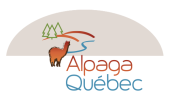|
We’re all in this together. We are the weather and the water – saving the planet begins every morning when you wash your hands, have a bath or have a shower. The time has arrived and people everywhere and of all ages are beginning to understand that there are individual changes we can make to save our planet. A small individual change that is easy to make is choosing a soap that is kind to the earth. The Problem Many of us remember a time when things were more simple but somewhere along the way, the excitement of the 1960’s chemical boom infiltrated our lives. With synthetic chemicals, companies profited by convincing us that they could make our skin softer, our hair shinier and our wrinkles vanish. Through it all, we were led to believe that labs could do a better job of looking after us than Mother Nature. Today, we live with over 75,000 chemicals in the industry and only a handful of them have been tested for long-term effects on both the environment and human health. Take a few moments to study the list of ingredients in most commercial soaps. You might want to bring your magnifying glass to the store with you because the ingredient list is so small it’s often very difficult or impossible to read. Those commercially produced soap bars contain a wide range of harmful ingredients that should be left in the science lab. These petroleum-derived commercial soaps are not good for the skin, let alone the Earth. Commercial soaps usually contain variations of many of the following: · sodium cocoyl isethionate (synthetic detergent) · parabens (hormone function disruptors) · hydroquinone (a derivative of benzene, banned in Japan, EU and Australia) · lead acetate (like other lead compounds it is highly toxic) · synthetic dyes (petroleum-based) · synthetic artificial fragrances (man-made and petroleum-based) · propylene glycol (derived from petrochemicals and a major ingredient in e-cigarettes) · polyethylene glycol (man-made and derived from petrochemicals) · nano particles (toxic to aquatic & marine organisms) · triclosan (highly toxic, banned in the US and has toxic impacts when released into water bodies) · phthalates (widely known to be endocrine disruptors) · sodium stearate (emulsifier, also used as a cheap stabilizer in plastics) · sodium dodecylbenzonesulfonate (synthetic detergent) · stearic acid (hardener) · sodium tallowate (sodium salt of cow fat) · water sodium isethionate (detergent/emulsifying agent) · trisodium EDTA (stabilizer, used in industrial cleaning products) · trisodium etidronate (preservative, a chemical that is used in soaps to prevent soap scum) · sodium lauryl sulphate (strips the skin of its natural oils, causing dry skin, irritations and is toxic to aquatic organisms) · ammonium lauryl sulphate (petroleum-based and toxic to aquatic animals) · BHA (butylated hydroxyanisole, banned in the UK and throughout Europe,is toxic to aquatic organisms) Even so called natural soap you buy in a store can have any number of these ingredients. The majority of them use man-made synthetic fragrances that also contain harmful chemicals. The damage created by using commercially produced soap is multifold because:
Man or woman, young or old – who wants to help save the planet, protect our ecosystems, and guard their health? The Solution The solution is our “raison de vivre”. Our soap artists at Forest Cove Farm have spent the last 5 years perfecting the art and science of making planet-kind and skin-loving natural soap that respects both our planet and the natural flora of your skin. To awaken your senses and naturally cleanse, rejuvenate and nurture your precious skin, we have handcrafted luxurious, naturally nourishing, earth-friendly soaps with the highest quality of wholesome ingredients provided by Mother Nature. Your skin deserves the best so that’s what we make for you. We have made the important choice of NOT using any harmful chemicals, colorants or artificial fragrances in any of our soap. What we DO use are:
FAQ Why do you use organic 100% pure essential oils? They smell better than synthetic fragrances and artificial perfumes which contain chemicals that should never leave the science lab. We DO NOT use chemicals in any of our products. It’s that simple! We are focused on bringing our valued customers the best quality that nature has to offer so we do our best to source the purest, therapeutic grade essential oils for our products. Essential oils are highly concentrated and are derived from the earth itself - true botanicals that provide valuable psychological and physical therapeutic benefits. Pure essential oils are all-natural. As an example -lavender is a botanical treasure with more than 5,000 molecular compounds full of healthy properties. Lavender is also non-toxic, non-irritating and non-sensitizing. How do you make your soaps? At Forest Cove Farm we create pure natural soap with carefully selected wholesome, organic, naturally nourishing, responsibly sourced, 100% biodegradable, ethically traded, sustainable, 100% natural plant oils, rich organic plant butters, pure essential oils, organic herbs, seeds, fruits, vegetables and flowers. Once we have carefully selected our ingredients, we create our handmade skin-loving luxurious soaps by using the traditional technique of soapmaking called the Cold Process Method. We have chosen this method becauseit is the best way to protect the valuable properties and health benefits of the plant oils and other organic ingredients used to make our soap. What this means is that:
Saponification requires a lot more time in the Cold Process Method of soapmaking than in the “hot process” method. That is one of the reasons why the “traditional cold process method” is NOT being used by large corporations where huge amounts of soap are produced to supply global markets. How do you scent your products? We do this the natural way with 100% pure natural aromatic essential oils. Nothing else. Why are your soaps better? Our soap bars are true real soapmade with 100% natural organic plant oils and organic plant butters like raw shea butter and cocoa butter. Our soap bars cleanse and nourish the skin instead of stripping the natural flora from the skin. They are not the harsh, petroleum-derived commercially produced detergent soap bars you find in most stores. The chemicals in those harsh bars enter your body through your skin, and also pollute our streams, rivers, lakes, oceans and their ecosystems. Our soap bars are all 100% biodegradable and are kind to our planet. Which of your soaps are the most moisturizing? Because each and every bar we make begins with our special blend of 100% pure plant oils, ALL our soaps are moisturizing. Our soap bars all respect the natural flora of your skin and they will all nourish and rejuvenate your skin. Some of our bars contain extra emollients such as almond oil, cocoa butter and raw shea butter. These luxurious butters will further soothe and soften your skin. How long is the shelf life of your soap? Even if we don’t use preservatives, our soap lasts a long time. After a few years the bars will lose a bit of moisture but will lather and clean just fine. Are there ingredients from animal sources in your products? Absolutely not! All our soap is made of 100% pure plant oils, plant butters like raw shea butter and 100% pure essential oils. Do you test your products on animals? No, we never test our products on animals, and we also don’t outsource any animal testing to third parties. Are your products suitable for vegetarians? Yes, all Forest Cove soap bars are suitable for vegetarians. Do your products contain plastic scrub microbeads? No, Forest Cove soap bars DO NOT contain plastic scrub microbeads. Hand Crafted – Hand Wrapped – Canadian Made
6 Comments
25th ANNIVERSARY EDITION |
Who we areForest Cove is a family owned and operated eco-friendly farm located in the Ottawa Valley. Archives
October 2019
Categories |
Hours
MARKET HOURS
Daily 10:00am - 5:00pm ICE CREAM HOURS Daily 12pm - 8pm ALPACA VIEWING & SELF-GUIDED TOUR Daily 10:00am - 5:00pm *No Pre-Booking Required GUIDED TOURS *Advanced Booking Required: Website Booking, Phone, Email PRIVATE BOOKINGS By Appointment, 48 Hour Advanced Booking Required - Phone or Email |
Address
32129 Hwy 17
Chalk River, ON K0J 1J0 Located in: Laurentian Hills (Between Deep River & Chalk River, ON) |
Email
Telephone/Text |
Site Designed by Breanna Graham 2024

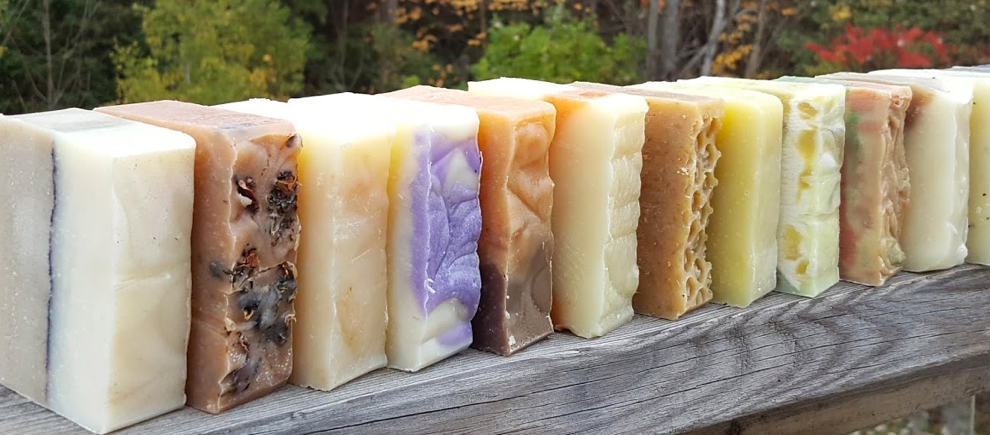
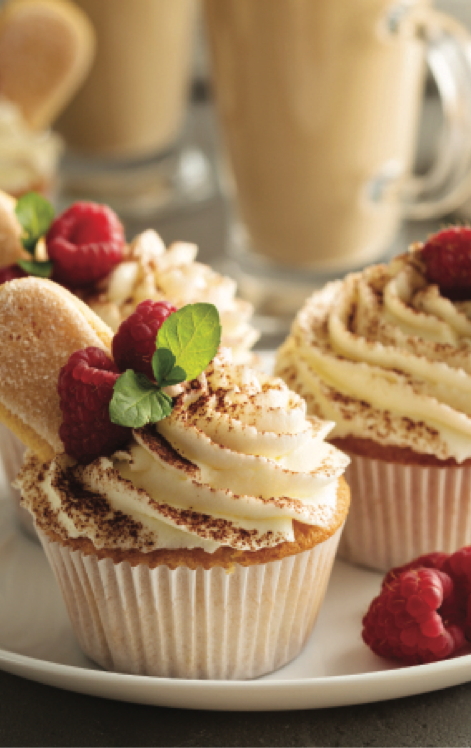
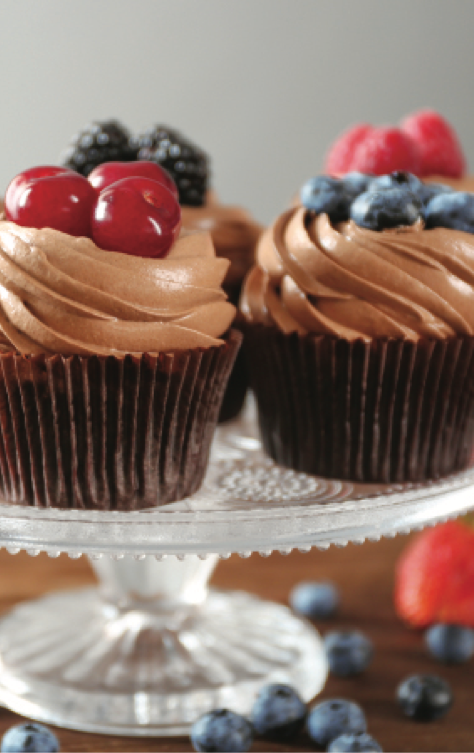
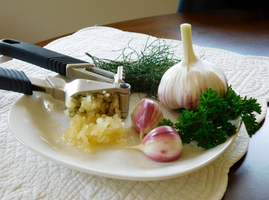
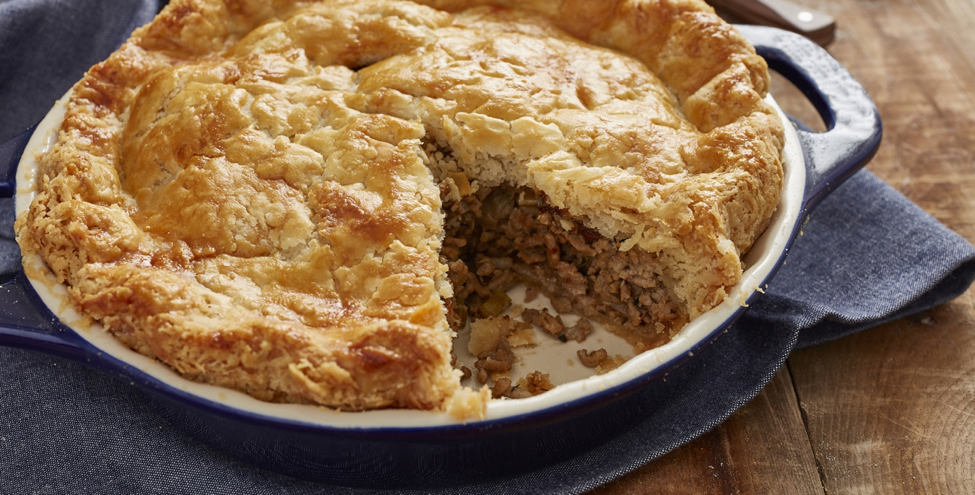
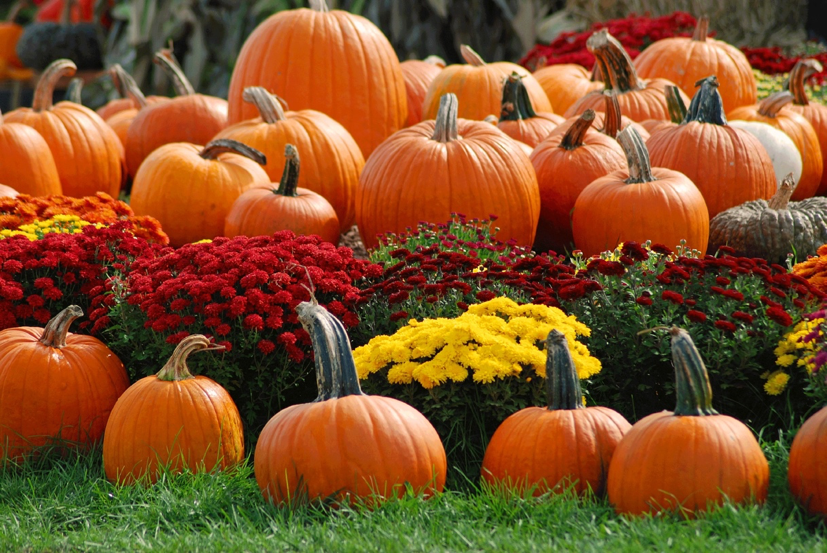
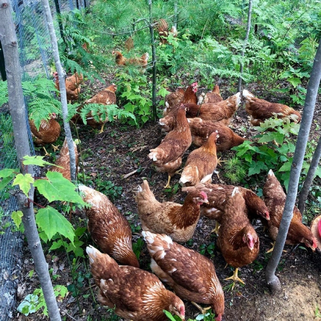
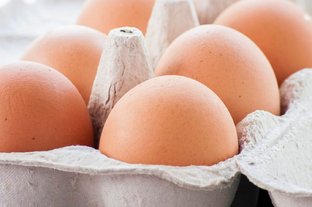
 RSS Feed
RSS Feed



